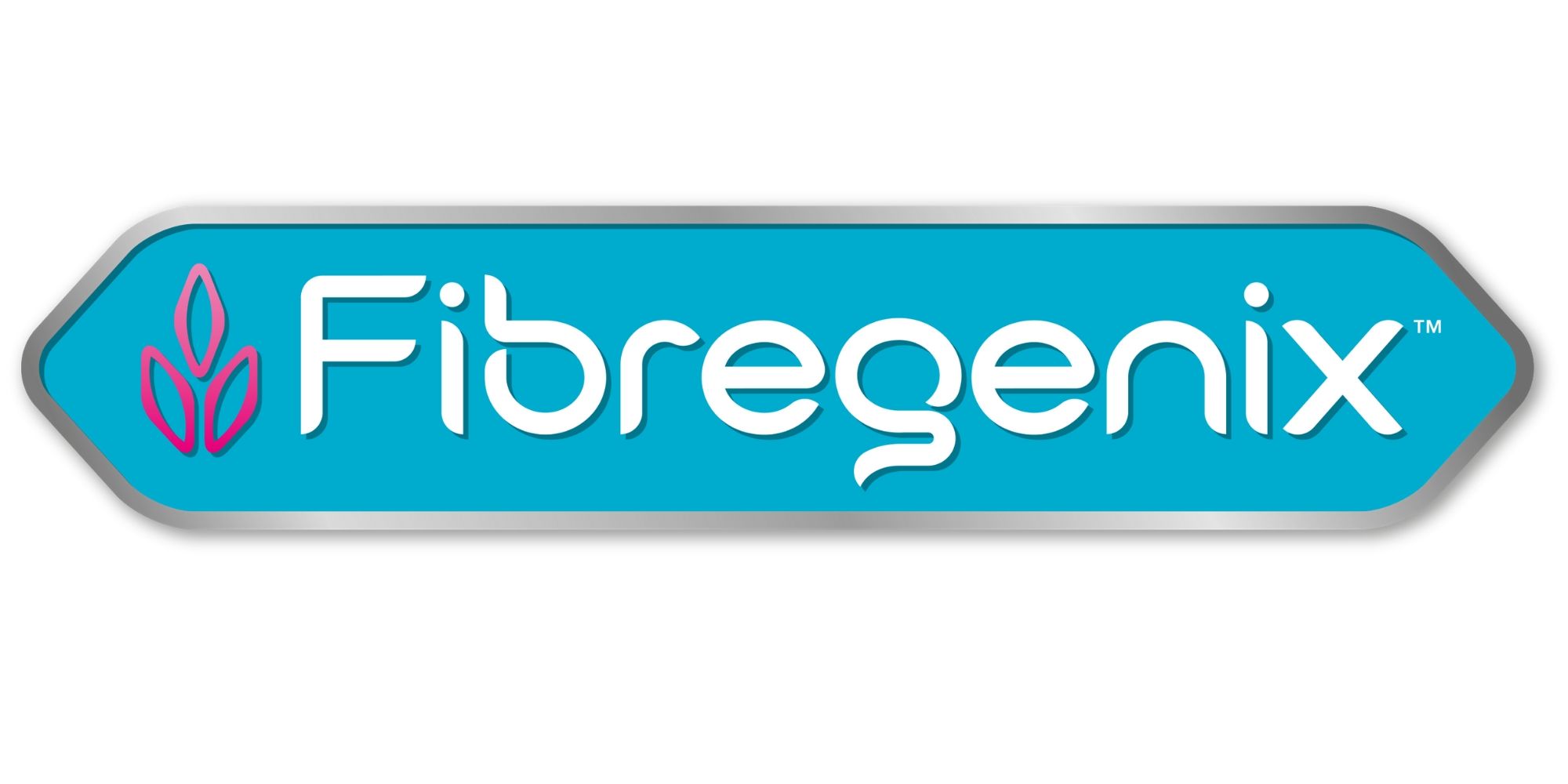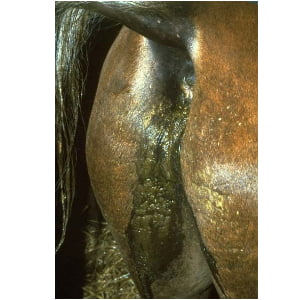Scouring Horse Management & prevention
Managing scouring in horses (Diarrhea) successfully relies on good practices in diet, environment, well-being and good husbandry. As scouring can often be caused by illness or disease such as bacterial infections or colitis, always consult with your vet.
Dietary Factors for Managing Scouring in Horses
It can’t be stressed highly enough that a compromised digestive system in a horse will have significant effects. This can be on performance, appearance and even temperament. Horses are hindgut fibre fermenters. They rely on this to provide a large supply of energy-rich short-chain fatty acids. (SCFAs). One of the most important dietary factors to consider is t starch arriving in the hindgut. The starch ferments rapidly initially increasing the rate and growth of lactate-generating bacteria. The gut PH then falls from the normal 6.7-7.00 down to as low as 6. The more acid environment results in a reduction in fibre-fermenting bacteria decreased fibre digestibility and decreased SCFA absorption by the colon.
Therefore avoid the following dietary practices when managing scouring in horses :
- Sudden increased cereal feeding, resulting in a significant delivery of starch to the caecum, limiting precaecal digestibility
- Rapid addition of oils/fats
- Sudden exposure to lush grazing
- Sudden change from one hay type to another eg legume hay to grass hay, cereal hay or meadow hay – make any changes to forage type over a period of at least 2 weeks.
Prevention of Scours
- Restrict grazing temporarily until resolved.
- Limit concentrate feed to no more than 1g starch per kg body weight per meal. Feed several smaller meals per day mixed with forage.
- Include easily fermentable fibre such as unmolassed sugar beet pulp, psyllium or soya hulls.
- Ensure electrolytes are provided to replace those lost during scouring episodes. Important for the horse in harder work, or if a horse is off its feed.
- Avoid feeding oil to a scouring horse until resolved. Then reintroduce. Start with 0.1ml/kg of BW per day, increase over 2-3 weeks to a maximum of 1.0ml/kg of BW for weight gain
How feeding Fibregenix can assist in managing scouring in horses
Platinum Pro balancer and Lami Low-Cal balancer includes specific digestive aids which can…
- Promotes fibre digestibility and helps to reduce lactic acid accumulation in the hindgut
- Aids in the improvement of the health of the mucosal gut lining
- Assist in removing pathogenic bacteria that may be attributing to scouring
- Limit digestive disorders by modifying the faecal microbiota, increasing the growth of Lactobacilli, minimise the growth of potentially pathogenic bacteria
Conclusion
Equine digestive behaviour, anatomy, and physiology have evolved to accommodate a high fibre, low starch, low-fat diet. This is comprised mostly of varying grass species over a prolonged feeding period with slow, gradual changes in dietary quality. Our horses receive high nutrient density feeds, forages and pasture accommodating their working needs compared to a feral horse’s diet. Quite often, we give little consideration to any sudden changes we make in their diet. It’s no wonder then that digestive issues are commonly prevalent in today’s domestic horse. Being aware of what can predispose equines to digestive issues such as scouring is fundamental. This means it’s up to us to implement a sensible diet regime for the ongoing health of our four-legged friends.
Reviewed and amended April 2021

